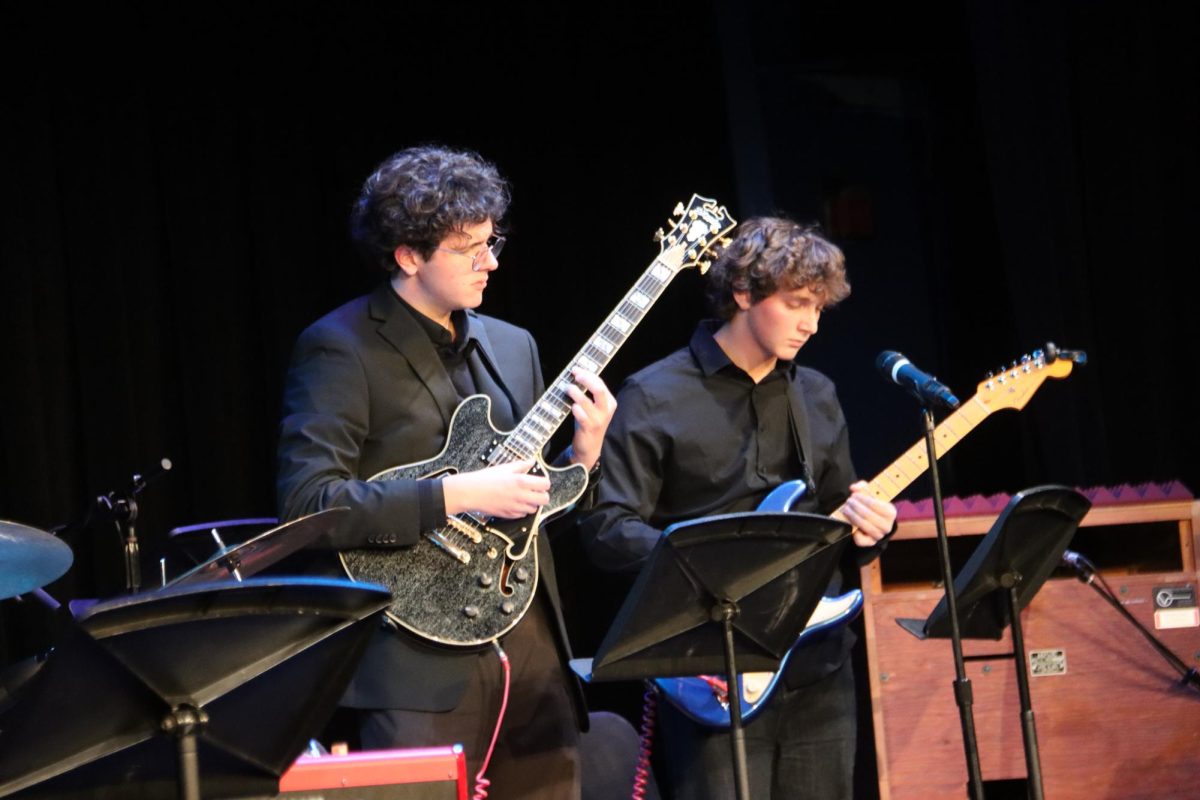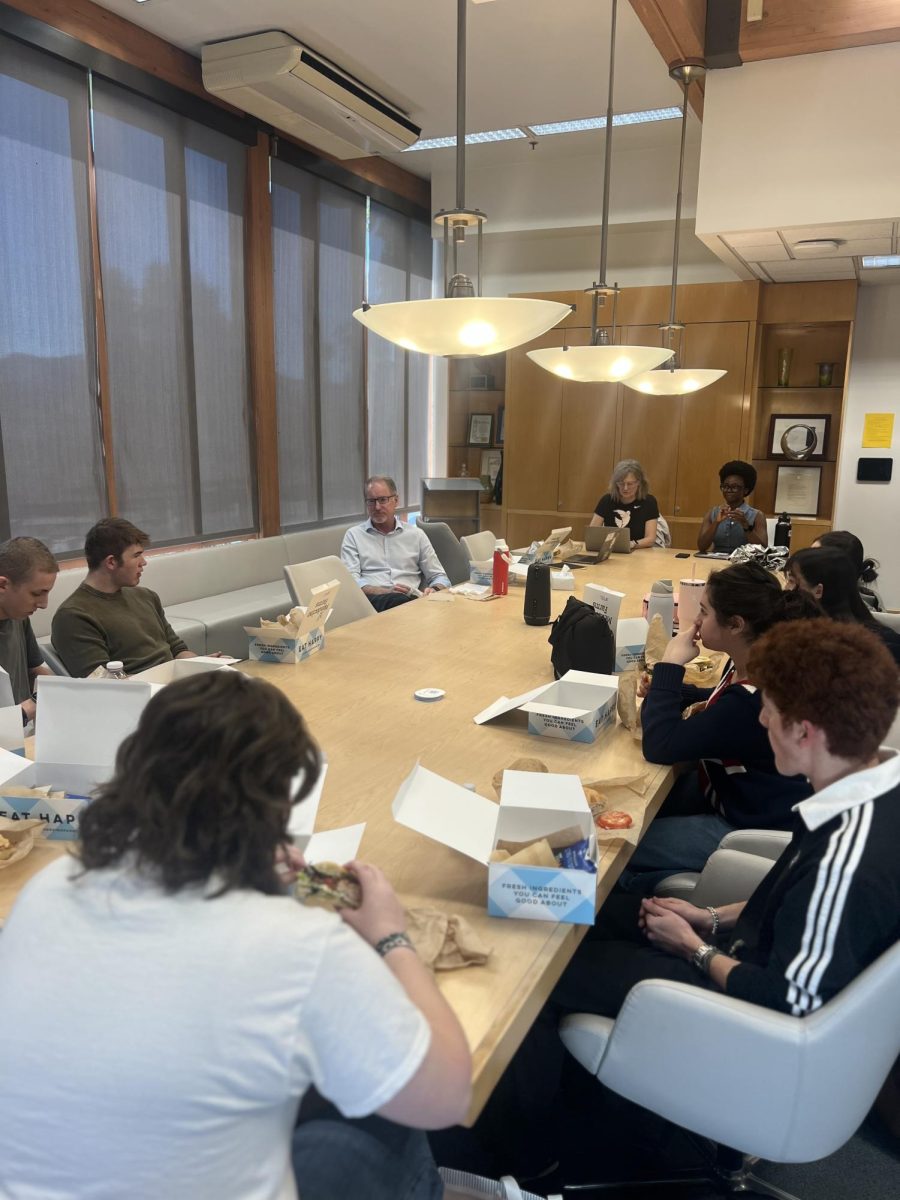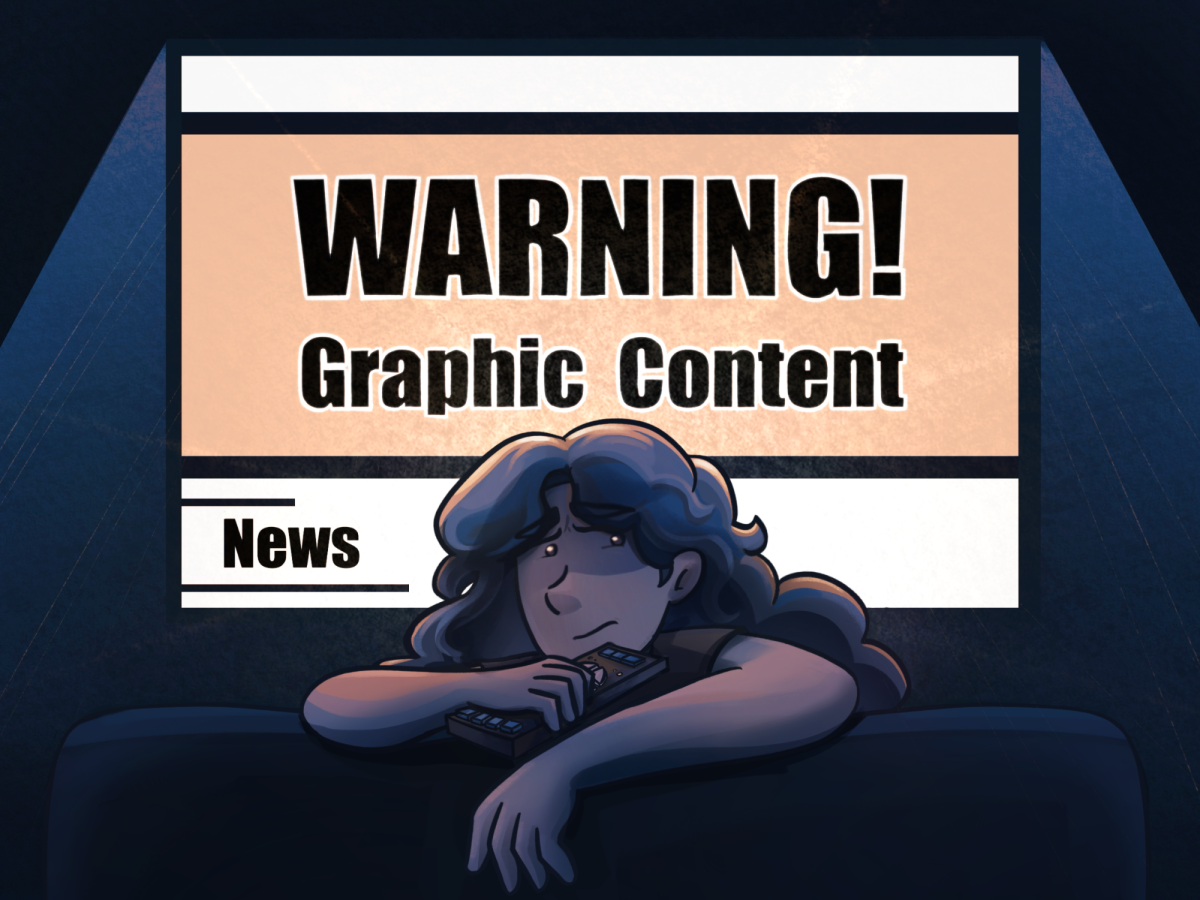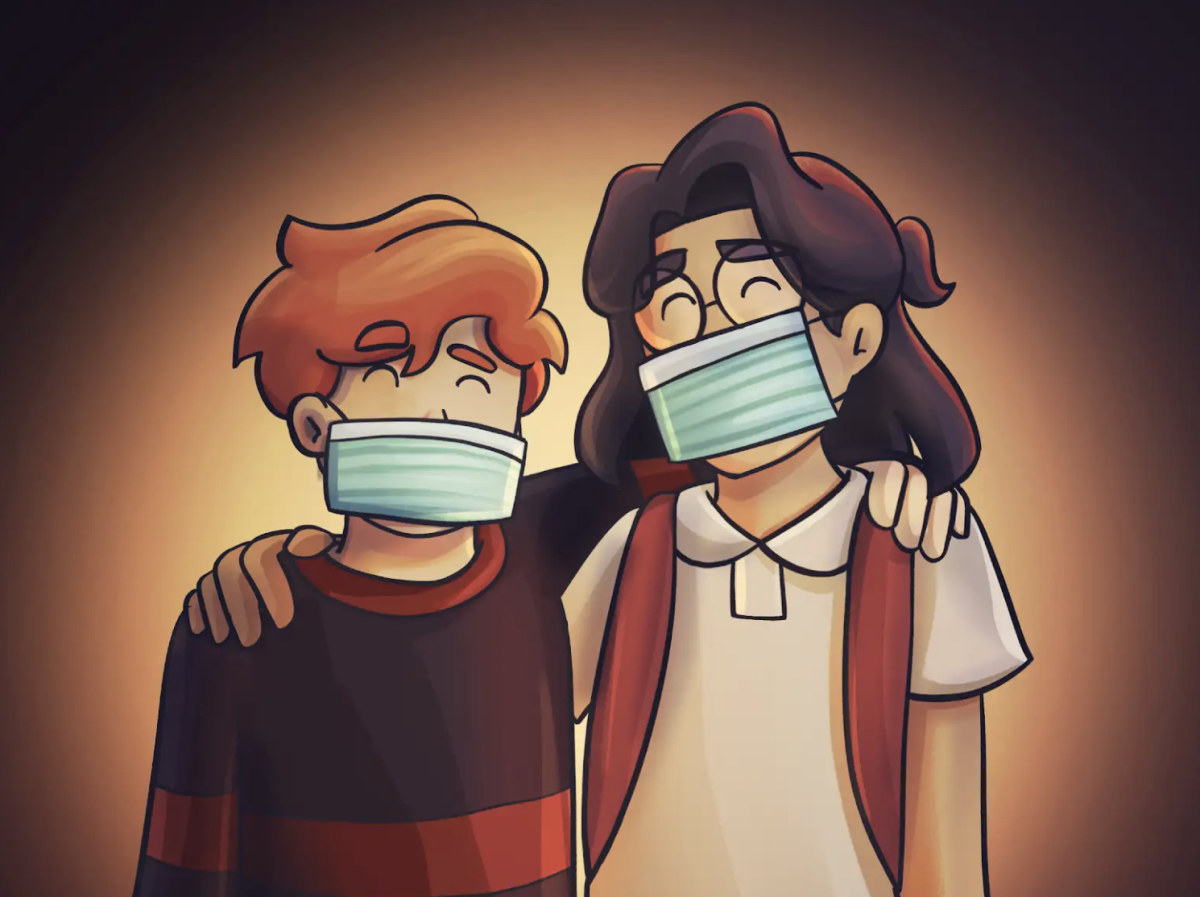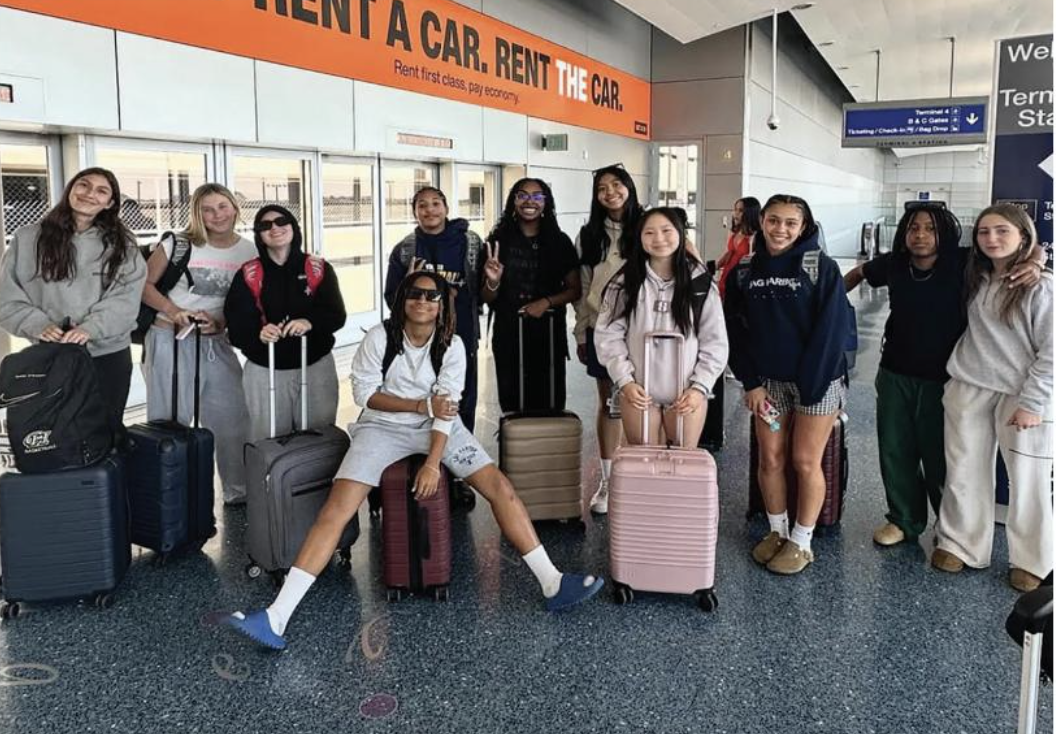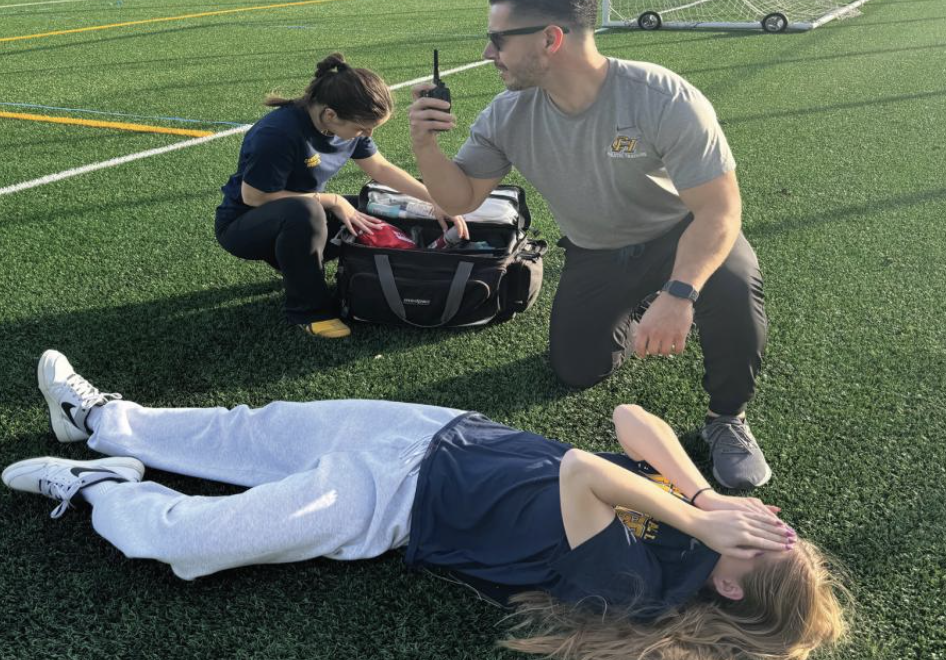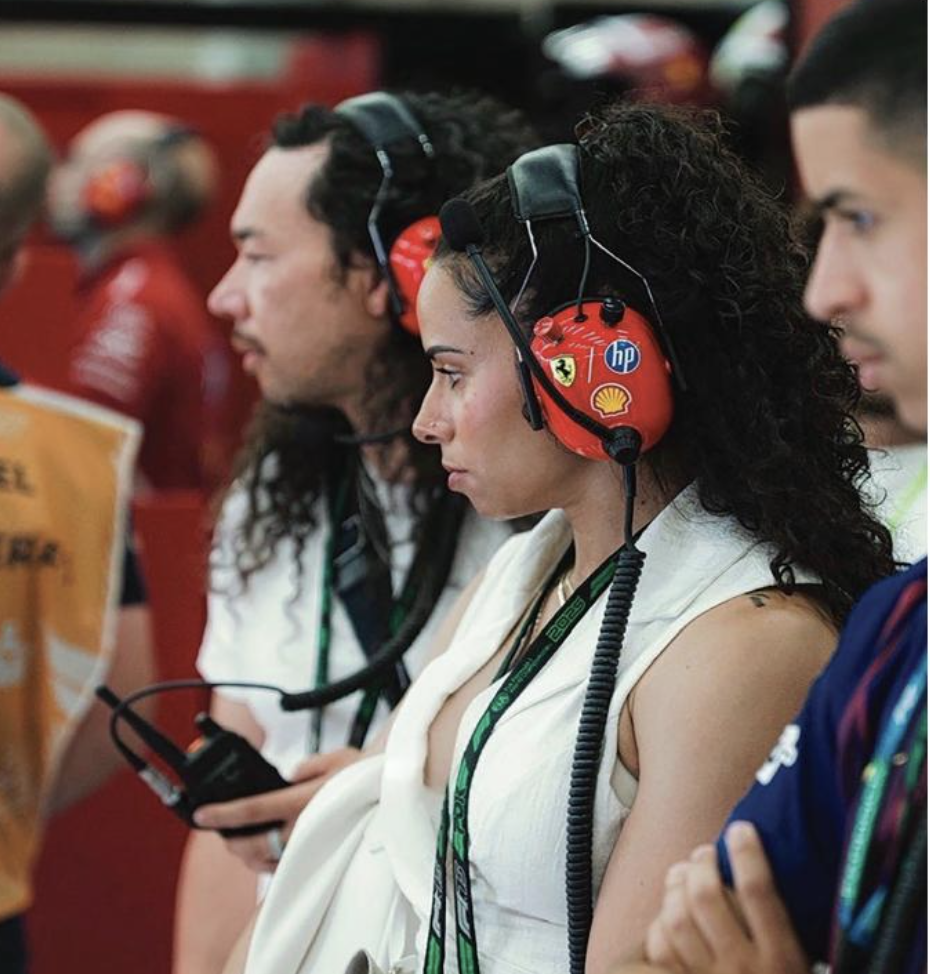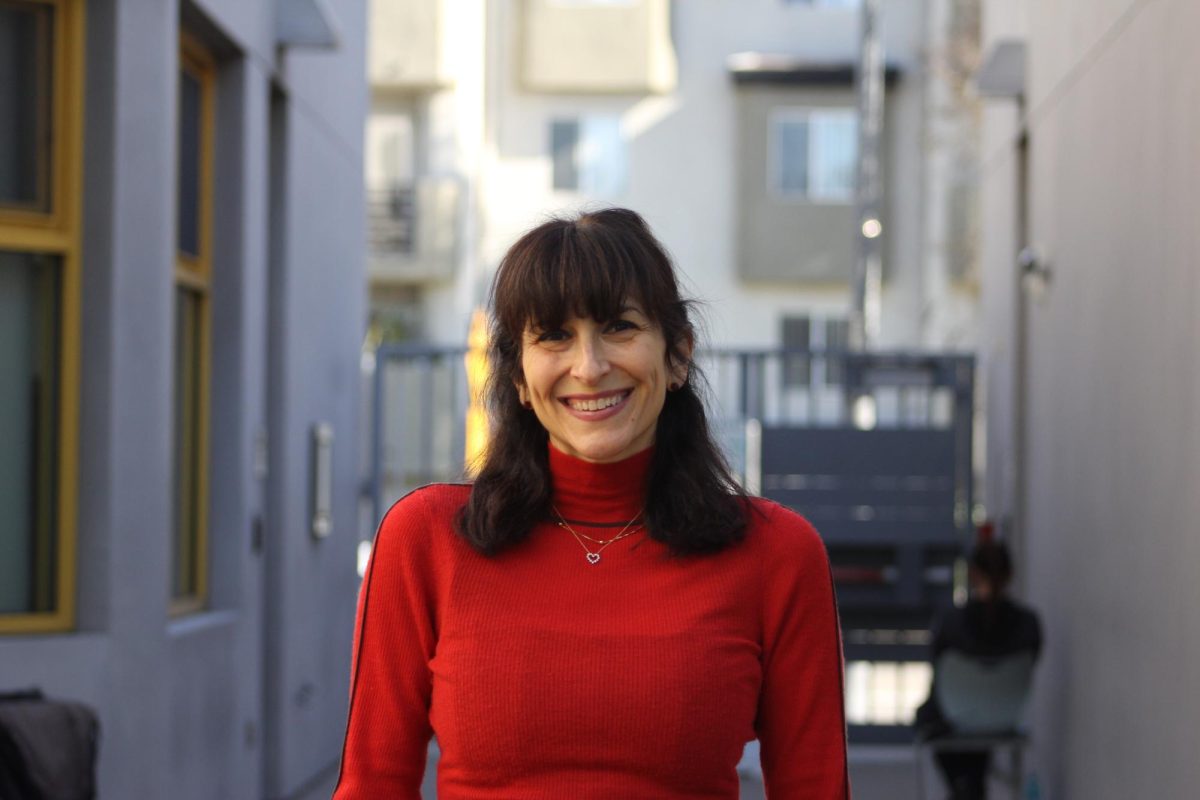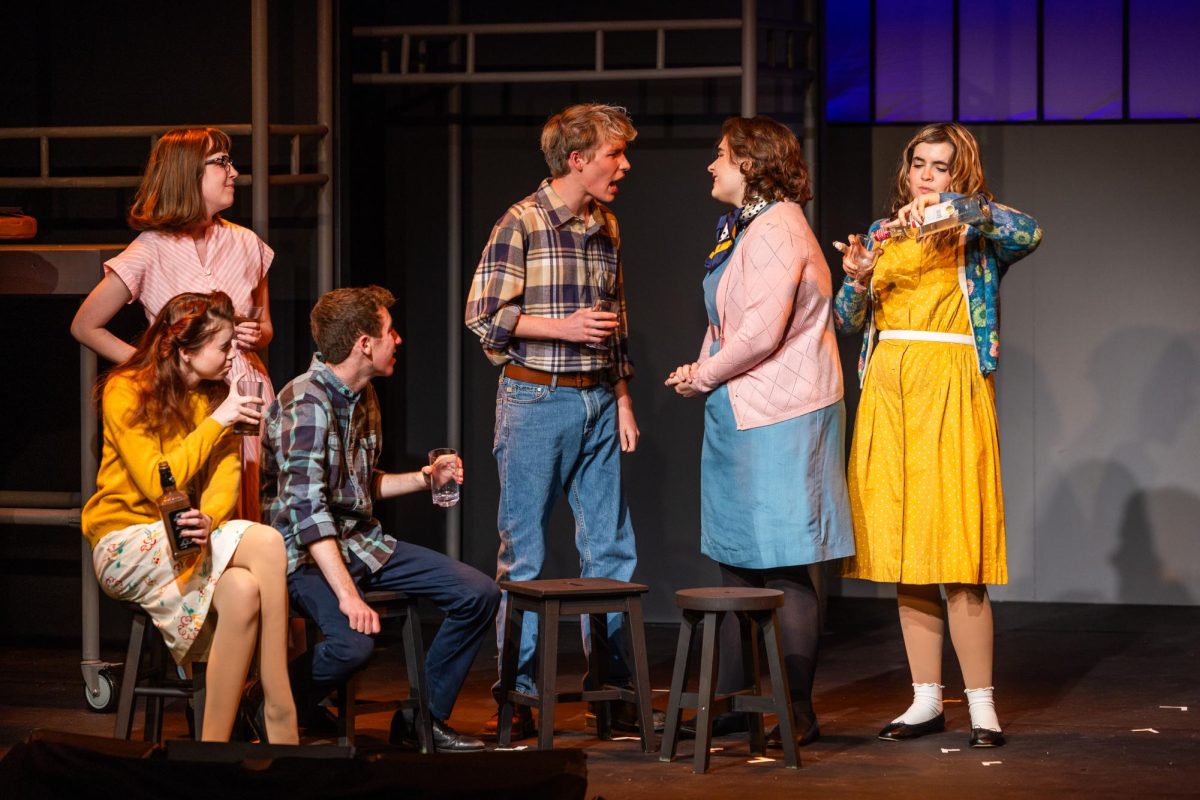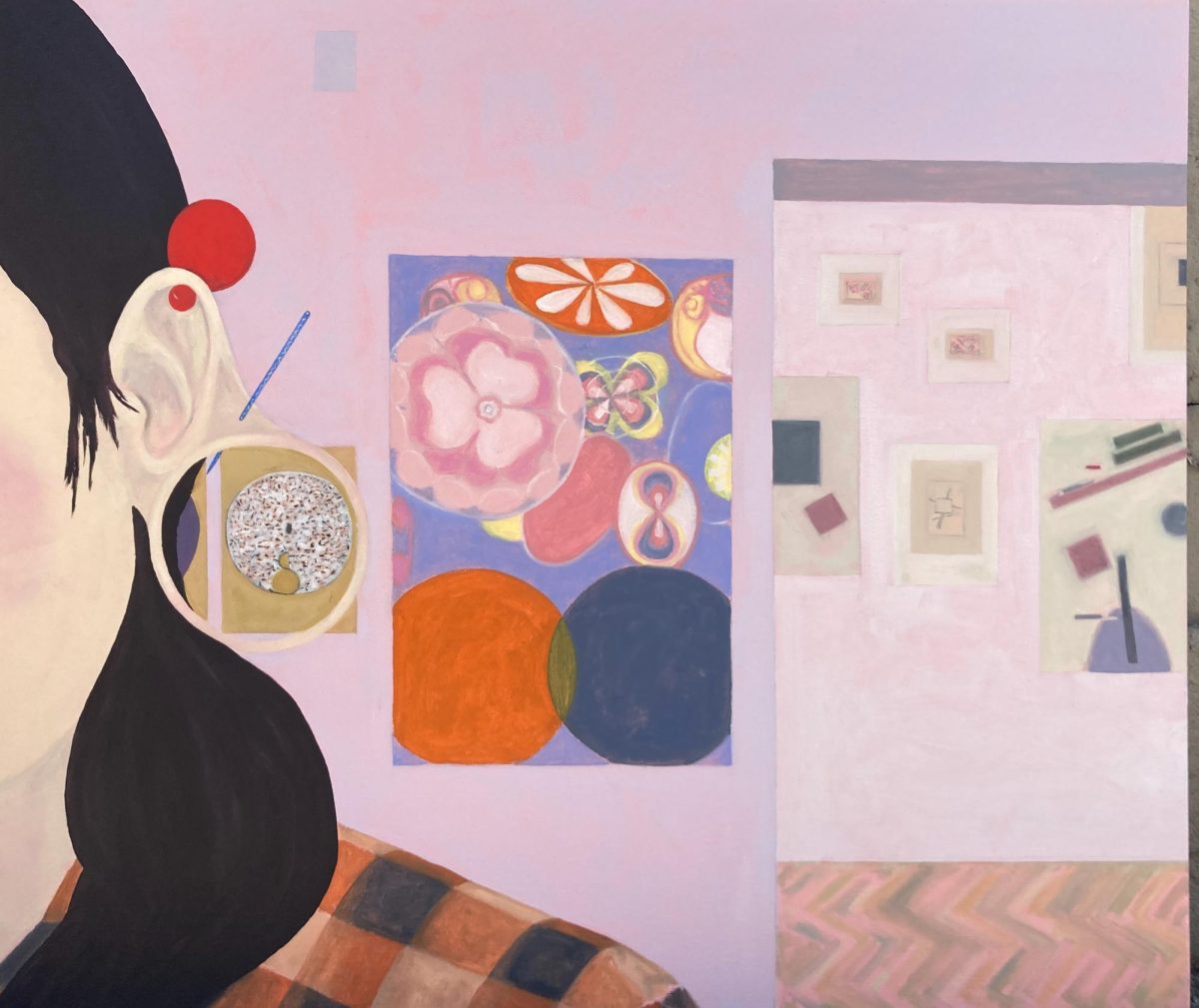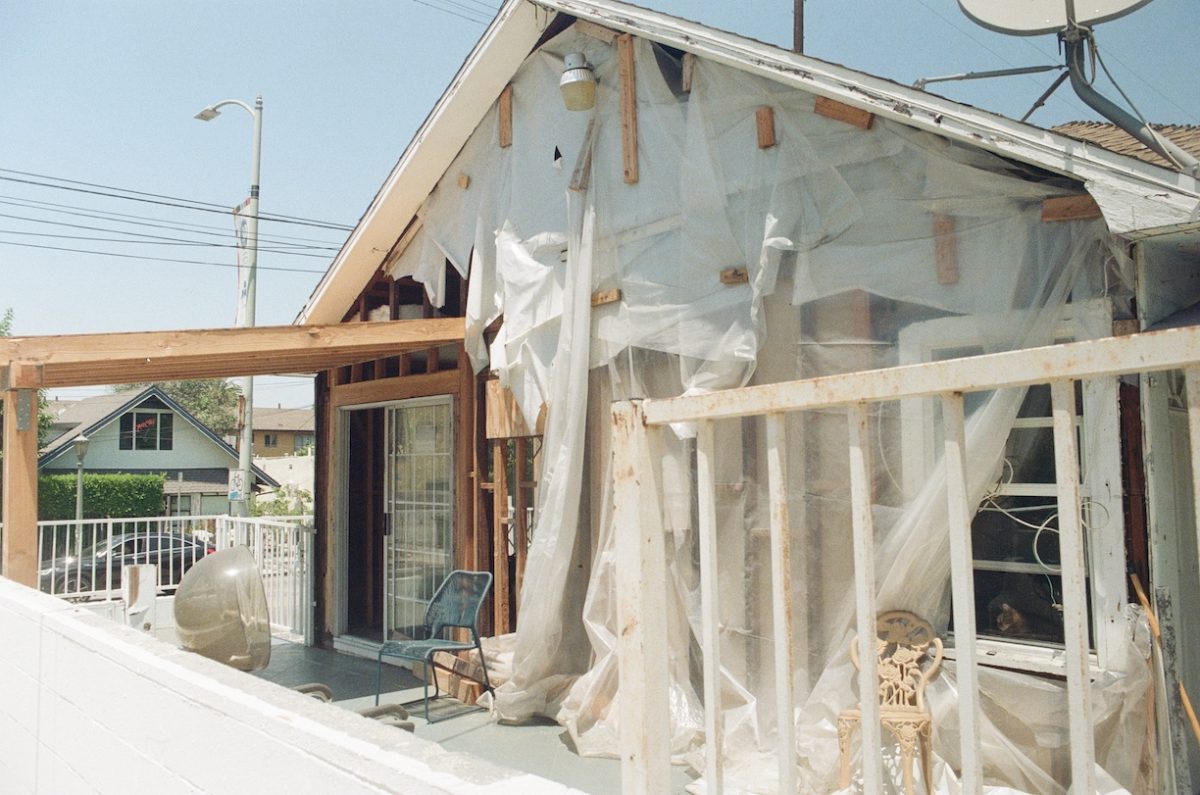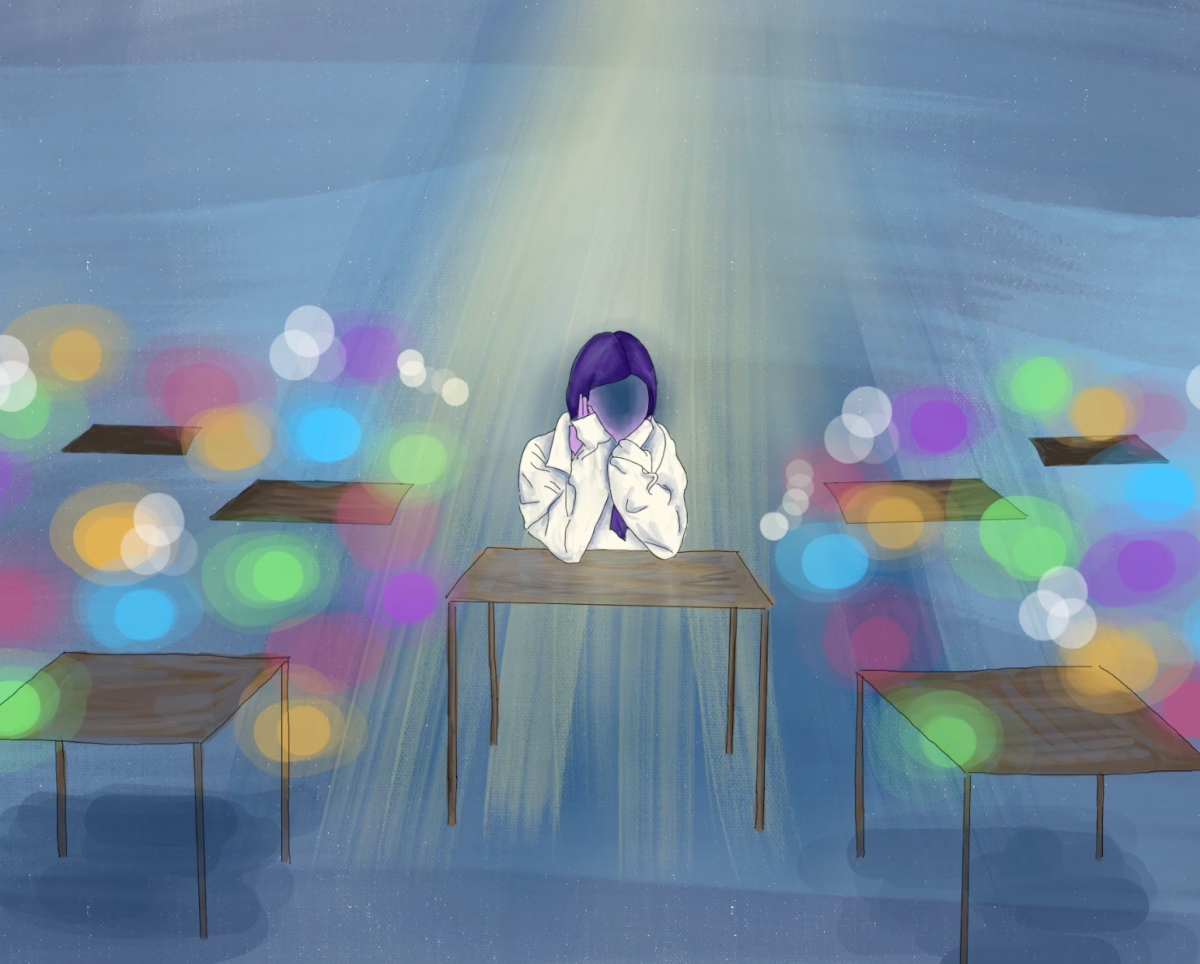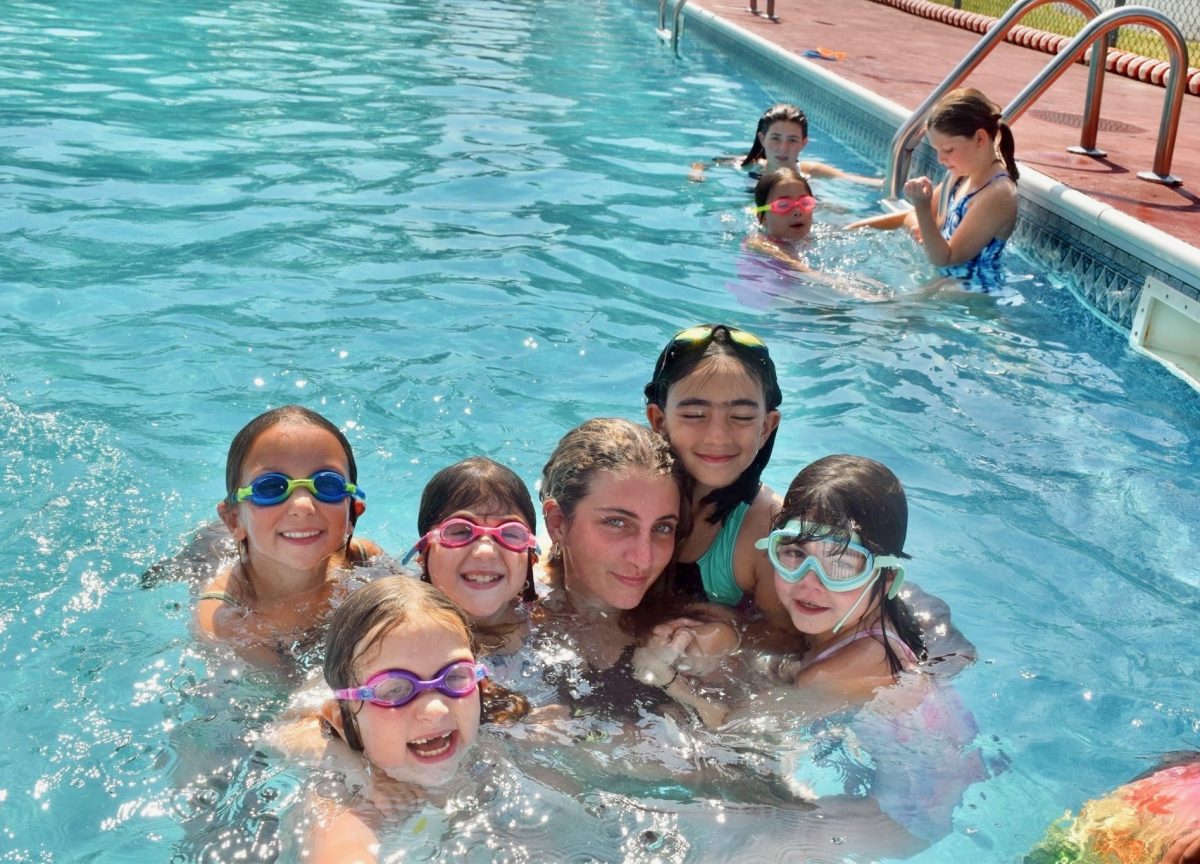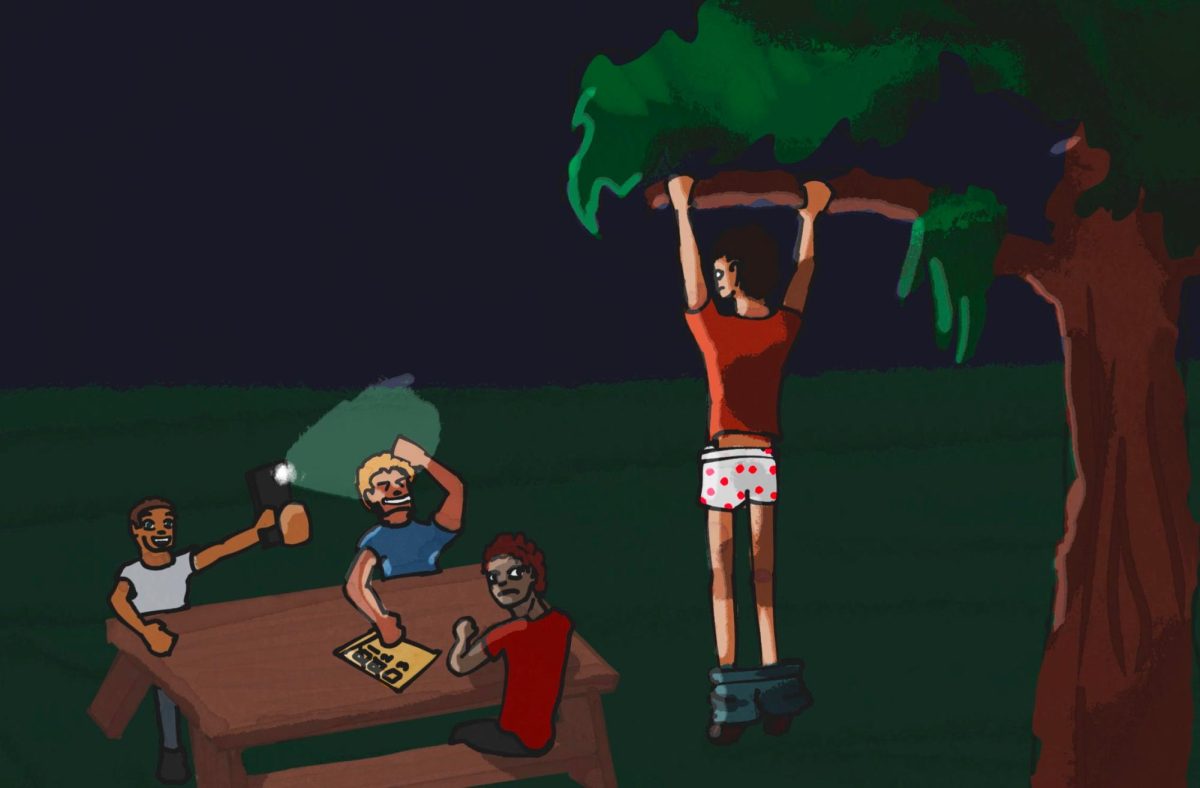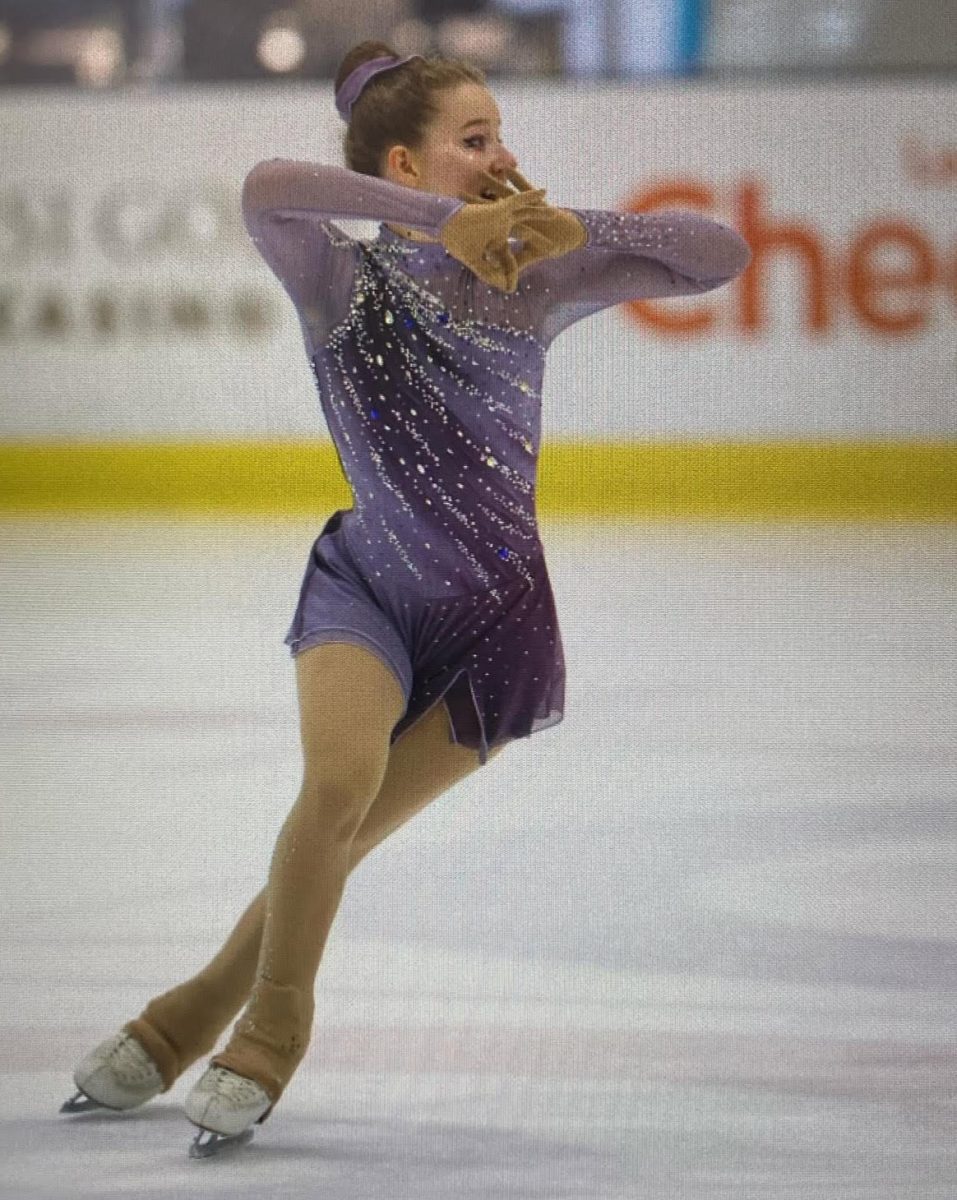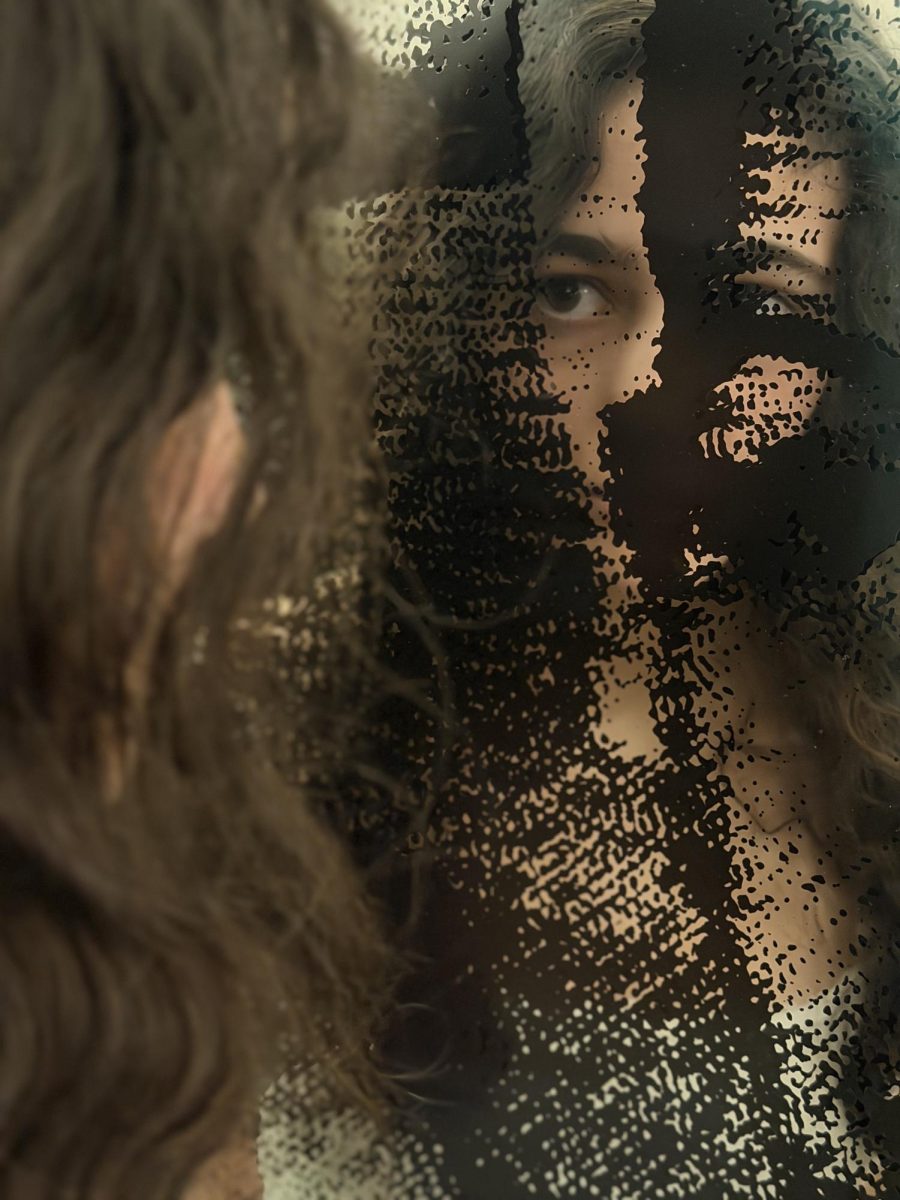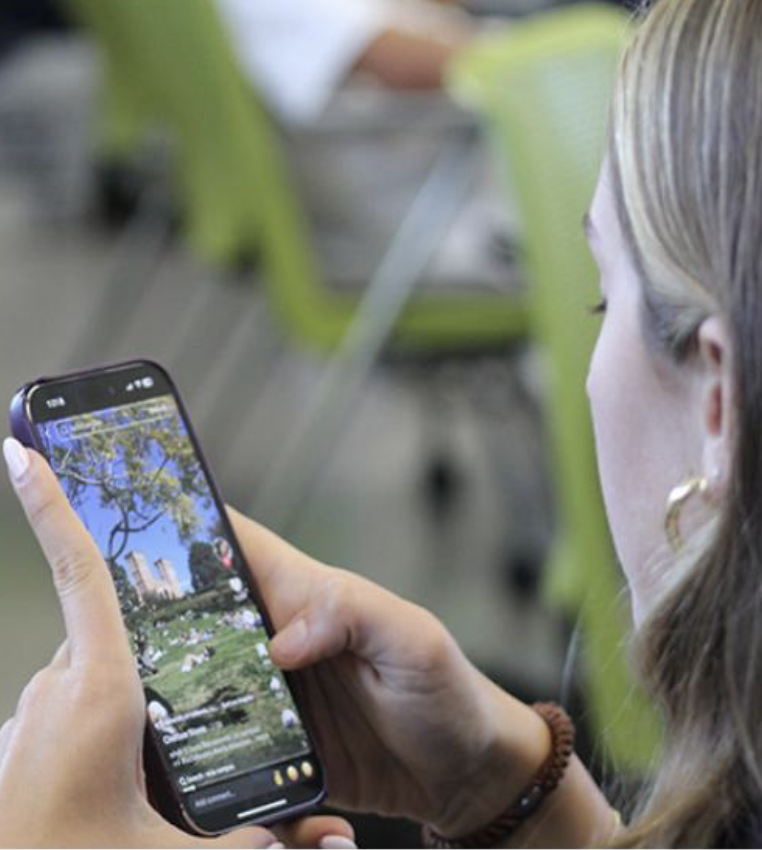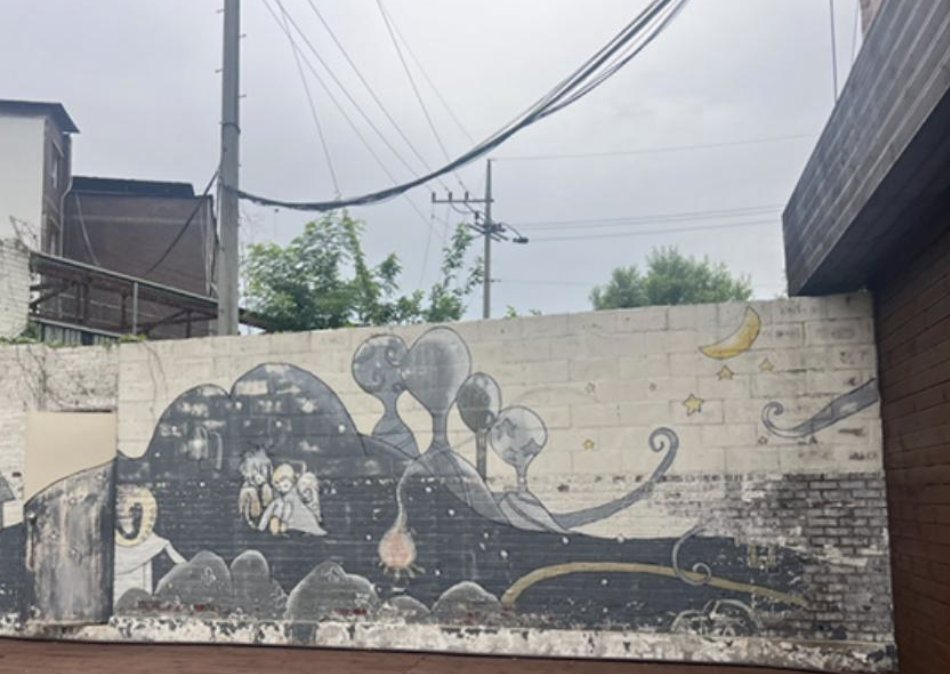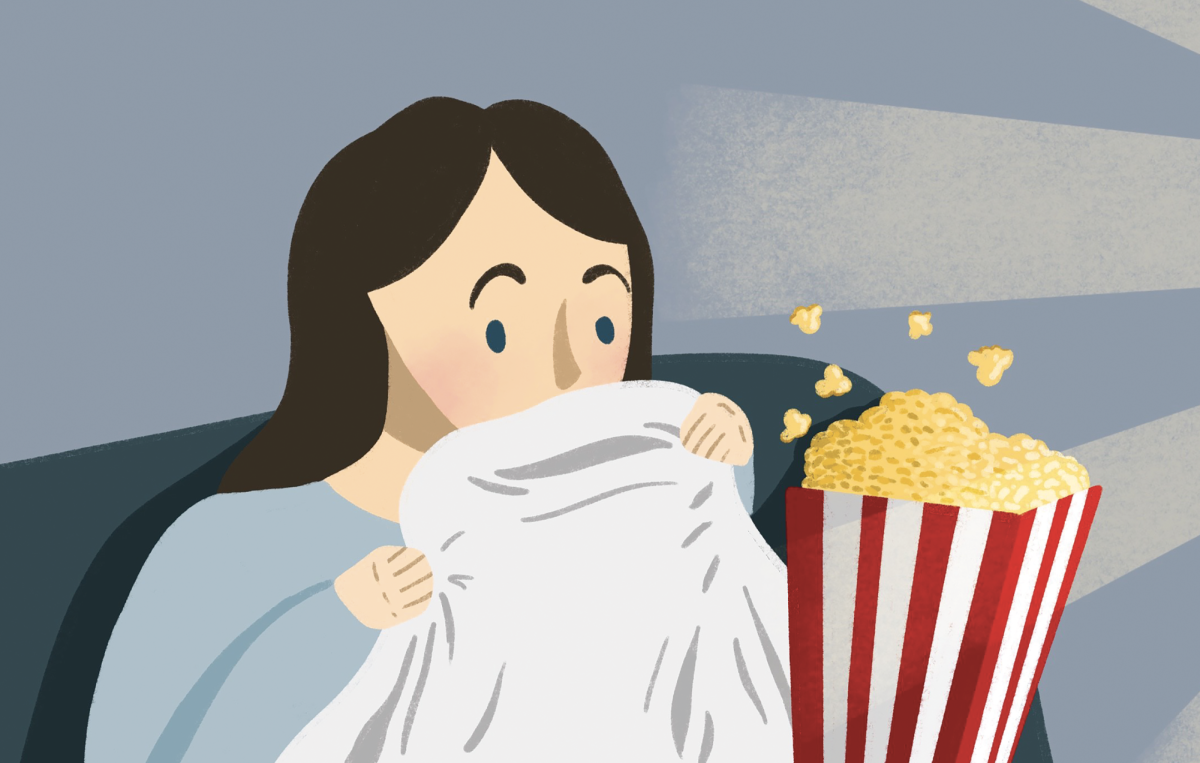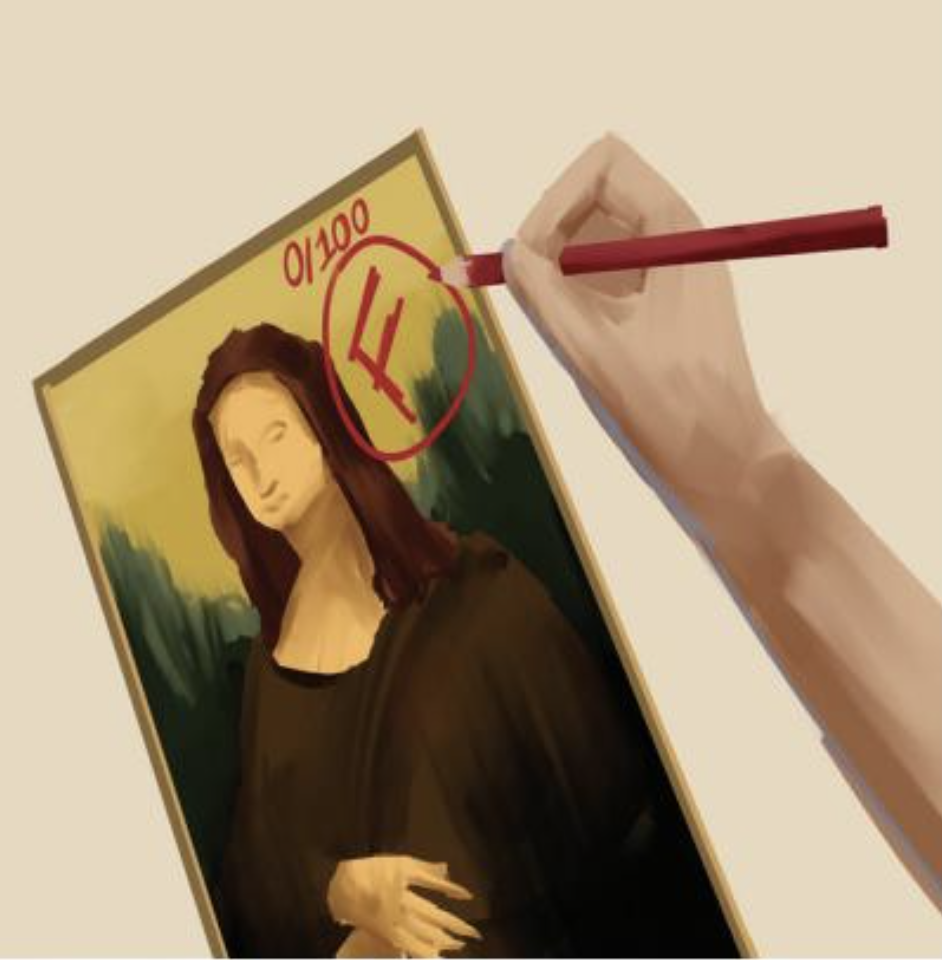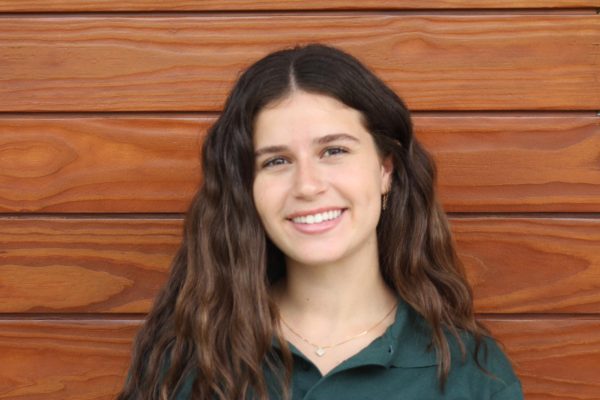Squeezing her mom’s hand tightly, two year old Calista M. ‘25 stepped into a haunted house for the first time. Despite her initial bravery, Calista’s fear escalated with each step, the ghostly figures and dim lighting becoming too overwhelming. Turning the corner into the main room of the haunted house, her grip on her mom’s hand tightened, her heart pounding. With each step, the anticipation built until overcome by fear, she ran from the haunted house, tears streaming down her face. However this was not Calista’s last encounter with horror, and as she grew up she grew out of her fear of fear.
Calista discovered her passion for horror over time. After her initial encounter with the genre as a two year old, a haunted house visit at two years old, Calista began to enjoy horror. Her enjoyment began in ninth grade, when she watched her first horror movie. Calista has since come to appreciate the unique anticipation that horror provides. She is intrigued by the psychological aspects of horror that keep her at the edge of her seat.
“Specifically for haunted houses, the adrenaline going in and then the feeling of achievement coming out, knowing you got through it is what I love about horror,” Calista said. “In horror movies, I don’t like gore or bloody stuff, I like psychological horror. I like when you have to think about it, because sometimes that’s creepier.”
Horror affects people differently, and whether someone enjoys it or not depends largely on how the visual stimulates their brain. In their Harvard Business Review article,Haiyang Yang and Kuangjie Zhang describe how our reactions to horror can differ. The difference stems from how exposure to terrifying acts and the anticipation affects people mentally and physically in contrasting ways. Responding negatively to horror, the stimulation would manifest itself into fear and anxiety, while responding positively would result in excitement or joy. The fright both parties feel is accompanied by a change in a biomedical, resulting in the release of adrenaline, giving one heightened sensations and stimulation.
Some, like Wyatt K. ‘26 enjoy this stimulation. Wyatt has enjoyed horror movies ever since he was little. This Halloween will be the sixth year Wyatt has hosted a haunted house on his property. He has worked through a lot of trial and error to perfect his techniques for effectively scaring others. He gets his inspiration from watching a lot of movies, good and bad. Wyatt believes it is just as beneficial to watch a bad horror movie because it shows what not to do when creating horror.
“Every weekend I get ten people that show up for eight hours and just work,” Wyatt said. “It’s such a rewarding thing because I love the haunted house, as well as entertainment and movies. It is about the full picture; [you] see the plans, you put it together, then the night comes and you see how it actually happens. [When I] see all of the kids coming out smiling and laughing, all of the struggle is worth it.”
Similar to Wyatt, Jessica LeBlanc, high school English and Yearbook advisor is very passionate about the art of horror. While watching horror movies, LeBlanc looks at what the filmmaker is trying to convey because she learned that horror movies often reflect current anxieties about life. She is never scared while watching horror movies but more in awe of what the filmmaker is doing and the story behind it.
“I definitely look at things with a very critical eye,” LeBlanc said. “There’s not a big difference between watching a movie and reading a book. It all starts with you; You’re taking everything in, you’re bringing your own knowledge and past and feelings to everything and so there’s not that much difference in how I approach a novel than how I approach a movie.”
As a high school psychology teacher, Dr. Steve Wachs has learned that people who tend to crave horror usually seek adrenaline. Whether or not someone enjoys horror movies would be related to how bodies regulate adrenaline. Wachs argues that when people are dissatisfied while watching horror, it is because they feel more concern for others, as there is no enjoyment in watching someone get hurt.
“I think that horror movies prey on the good sense we have to take ourselves out of a difficult situation, and they show all the build up,” Wachs said. “I think they prey on our kindness and our concern for other people. When we see another person is about to get hurt, we’re screaming at the screen, run, he’s gonna kill you. I actually think horror movies do look at the goodness in the audience member.”


